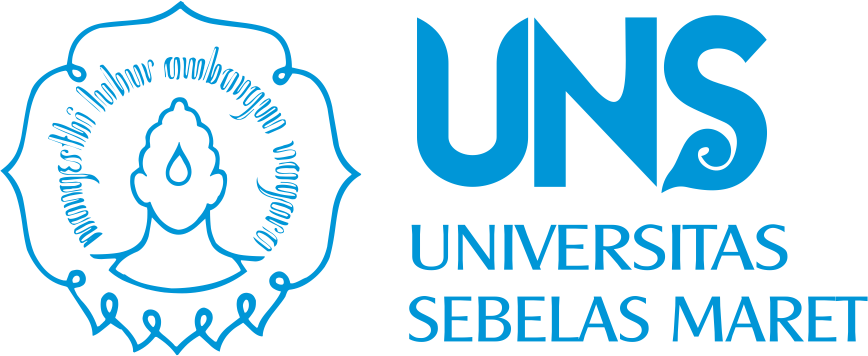UNS – The Faculty Member of Faculty of Mathematics and Natural Science (FMIPA) Universitas Sebelas Maret (UNS) Surakarta, Dr. Prabang Setyono conducted an eight months study from 2018 to process disposable diaper (Popok Sekali Pakai – Pospak) waste into appropriate technology with high economic value. The result is a prototype of acoustic panel or soundproofing.
He stated that the idea comes from his concern on a large amount of Pospak waste in Indonesia. The waste is also not biodegradable. He also mentioned the expensive import of soundproofing or acoustic panel made from glass wool in Indonesia.
This is according to the Head of Environmental Science program UNS, is quite contradictory because the industry needs affordable, effective sounds insulation made from local materials. After all, the import will lead to dependency.
“Then I thought what resource that is abundant in us but has not been used. As an environmental science person, I also think from the environmental aspect and how to reduce waste. Then I found this Pospak (idea),” he explained to uns.ac.id, Tuesday (12/5/2020).
Dr. Prabang added that a baby will need at least 4,000 Pospak from they were born until they can use the toilet at three years old. Based on the data from katadata.co.id, in 2018, there were 23,729,600 babies aged 0-3 months. If 50% of the number use Pospak, it will create a large amount of Pospak waste in Indonesia.
“Pospak disposal is still often careless, for example to the river. The more it submerged in water, the more difficult it is to decompose, especially the gel in it. It can be preserved for ten years. It can also damage the health of the water,” he stated.
Pospak contains Super Absorbent Polymer (SAP) chemical as much as 42% which will turn into a gel when in contact with water. When decomposed in water, these chemicals can be dangerous for the environment and even when it burned, the gel in Pospak does not burn well.
Besides a large number of the waste, Pospak is selected because it fulfils the criteria to be used as acoustic panel material. First, it has fibres and has cracks on the powder insides.
“Soundwave is easier to be silenced on the stacked slits, which is more effective compared to the flat,” he explained.
Used Pospak contains bacteria and microbes from the excretion which causes unpleasant aroma. This material needs to be disinfected using chlorine and dried under the sun to kill the microbes during the production process.
However, Pospak has the impression of a less slick and aesthetic to be an interior soundproof. Therefore, Dr. Prabang used recycled paper (egg carton material) as casing.
“The squiggly shape is very good for muffling the sound. Aesthetically, it is also good. But because this is still a prototype, the packaging isn’t very neat yet,” said Dr. Prabang.
Aware of the need of an industrial strategy for this product, Dr. Prabang invited Hary Setianto from Industrial Engineering to formulate a marketing strategy that is appropriate to the needs of the industry down to the downstream or the community. He also plans to conduct umbrella research with students to continue to develop this product.
“Student can research the dimension or the shape so that it is not always rectangular. Or developing casing from other than recycled paper,” he said.
This research is considered at a circular economy according to Dr. Prabang. It is related to how to recycle waste into environmentally friendly appropriate technology with high selling value.
It is expected that this product can replace synthetic soundproofing made from gypsum and glass wool with a more affordable product. This product will also enable scavenger who involved in collecting the material to increase their income.
“For the time being, we are in the stage of socializing the prototype and submission of further research funding proposals. I really hope that it will soon be fabricated and be able to get downstream so that it will benefit the community on a large scale. At least to meet domestic needs first,” Dr. Prabang closed. Humas UNS/Kaffa

